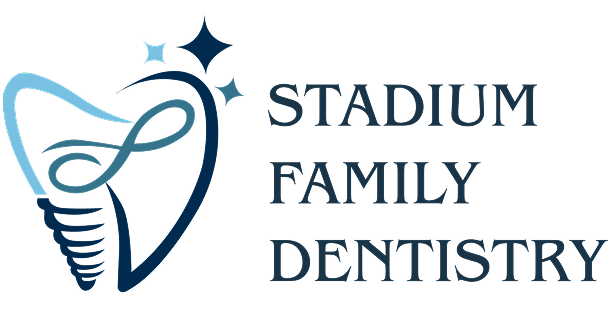
Dental emergencies are no joke. They can strike at any time, turning an ordinary day into a chaotic mess of pain and panic. But not all dental issues are created equal—some can wait, while others need immediate attention. The key is knowing when to act fast and what steps you can take to handle the situation like a pro. So, let’s bust some myths about dental emergencies and help you feel prepared the next time a dental disaster strikes.
What is a Dental Emergency?
Before diving into specific scenarios, let’s first define what qualifies as a dental emergency. A dental emergency involves any situation where you experience sudden pain, injury, or damage to your teeth, gums, or mouth that requires immediate care. This could include anything from a knocked-out tooth to severe tooth pain. Ignoring these emergencies can lead to complications like infections, tooth loss, or worse.
Now, let’s look at the top five dental emergencies that you should never brush off and how to make things better!
1. Severe Toothache
What’s happening: Tooth pain can range from mild discomfort to unbearable throbbing. While some minor aches might come and go, a severe toothache usually indicates a bigger issue like an infection, decay, or gum disease.
What to do: Start by gently flossing around the affected tooth to remove any food particles that may be causing irritation. Rinse your mouth with warm water and take an over-the-counter pain reliever if necessary. But here’s the thing—don’t ignore it. A persistent, sharp toothache is one of those dental emergencies that needs professional help ASAP. Call your dentist and schedule an emergency visit to avoid complications.
2. Knocked-Out Tooth
What’s happening: Whether from a sports injury, accident, or random mishap, losing a tooth can be a scary experience. But don’t panic—a knocked-out tooth can sometimes be saved if you act quickly.
What to do: Grab the tooth by the crown (the white part), not the root. If it’s dirty, rinse it with water, but don’t scrub it or remove any attached tissue. Try placing the tooth back in its socket if possible, or keep it moist in a glass of milk or saliva. Then, get to your dentist within 30 minutes for the best chance of saving it.
3. Cracked or Broken Tooth
What’s happening: Whether you’ve bitten into something too hard or experienced trauma, a cracked or broken tooth is a serious dental emergency that can lead to pain and infection if not addressed quickly.
What to do: Rinse your mouth with warm water and apply a cold compress to reduce swelling. Avoid eating or using the broken tooth until you can see your dentist. Cover any sharp edges with dental wax if available to prevent further damage to your gums or cheeks. Your dentist will decide whether the tooth can be fixed with bonding or if more extensive treatment, like a crown or root canal, is needed.
4. Abscessed Tooth
What’s happening: An abscess is a painful, swollen infection that occurs at the root of a tooth or between the gum and the tooth. It’s a sign that bacteria have made their way inside your tooth, and if left untreated, the infection could spread to other parts of your body.
What to do: If you suspect you have an abscessed tooth, rinse your mouth with a mild saltwater solution to help ease the pain and draw the infection out. Over-the-counter painkillers can also help reduce pain. But don’t delay—this is one of the most serious dental emergencies and requires immediate treatment to prevent serious complications. Call your dentist to get treated as soon as possible.
5. Lost Filling or Crown
What’s happening: Fillings and crowns protect weakened teeth, so losing one exposes your tooth to damage, infection, and increased sensitivity.
What to do: If you lose a filling or crown, try to retrieve it and keep it safe until you can see your dentist. You can use dental cement (found in most drugstores) to temporarily fill the gap or cover the tooth. Avoid chewing on the affected side of your mouth, and see your dentist to have the crown or filling replaced.
What Happens If You Ignore Dental Emergencies?
Ignoring dental emergencies can have serious consequences. Issues like toothaches or broken teeth can lead to infections, while untreated abscesses can spread bacteria throughout your body, potentially causing life-threatening conditions. Even seemingly minor issues like lost fillings can cause bigger problems if not addressed quickly. So, it’s crucial to handle these emergencies with care and urgency.
When to Seek Emergency Dental Care?
If you’re ever in doubt about whether your situation is a true emergency, it’s always better to be safe than sorry. Reach out to the team of emergency dentists in Ann Arbor. They’ll evaluate your symptoms and provide the best course of action. From severe tooth pain to lost teeth, getting the right care at the right time can make all the difference in saving your smile.
Remember, emergencies are unpredictable, but having a plan makes everything a little less overwhelming. Whether it’s a toothache, knocked-out tooth, or another dental issue, knowing how to respond and where to go for emergency dental care can give you peace of mind and save you from a whole lot of trouble.

